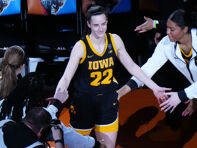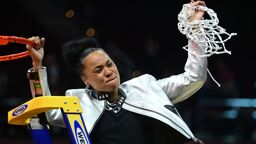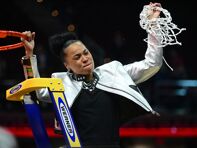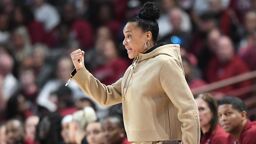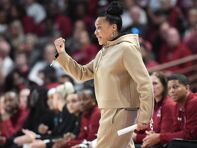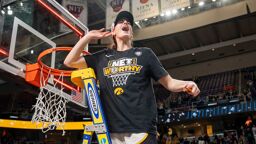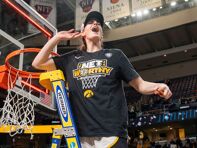Three years after California lawmakers banned state lawmakers and state university athletes from traveling to 10 states that discriminate against LGBTQ Americans, a new report indicates the ban is about as effective as the Lakers efforts to land Kawhi Leonard.
The Los Angeles Times reports California’s university sports teams are still visiting the boycotted states and finding other ways to pay for their trips, as are state lawmakers. State university sports teams and students participating in academic competitions are financing their travel with private donations, according to the Times. California elected officials reportedly are drawing money from campaign contributions to continue visiting the targeted states, which remain none too happy with the ban signed into law by then-Gov. Jerry Brown.
Officials from the ten states affected — Alabama, Kansas, Kentucky, Mississippi, North Carolina, Oklahoma, South Carolina, South Dakota, Tennessee and Texas — accuse California of meddling in their affairs. But supporters of the ban tell the L.A. Times it has put pressure on states that have adopted discriminatory laws, despite workarounds that allow athletes and lawmakers to continue traveling to the targeted states.
“Ultimately this is about making sure that our taxpayer dollars aren’t going to those states, and I think in that way the law has been successful,” Samuel Garrett-Pate, a spokesman for Equality California, an LGBTQ rights group, told the newspaper.
State university teams are keeping their schedules by relying on private financing, from boosters’ donations to corporate sponsors, reports the Times.
Take Cal State Long Beach, for example. The men’s basketball team asked the company that staged a November tournament in Starkville, Miss. to cover its travel and hotel costs. Track stars competed in the NCAA Track and Field National Championships this year thanks to private fundraising, according to university athletic director Andy Fee.
“It’s extra work,” Fee told the paper. “We’ve been lucky that we do have folks who understand the need to fundraise private dollars.”
The paper quoted Fee as saying he understands why California enacted the travel restrictions, and that the discriminatory policies that led to states being put on the no-go list concerns him.
While UC officials support and comply with the state law, spokeswoman Sarah McBride said it has not been easy. “UC has faced challenges implementing this law in areas such as academic research and teaching, student recruitment and athletics,” she said. In one case, students at Cal State Fullerton had to crowdsource funding to attend a debate competition.
Garrett-Pate of Equality California told the newspaper despite any difficulties, the end result is state taxpayer money is not being used for any of this travel to the 10 banned states, and he said as a result the ban has impacted the national dialogue on LGBTQ issues.
“I do think it is now part of the conversation when states are considering discriminatory policies like the ones we have seen in the states to which travel is banned in California,” Garrett-Pate said. “We want them to think twice before they do this.”
Read the L.A. Times report on how teams and lawmakers are getting around the ban by clicking here, and you can read a 2017 report about how the law came out and its impact by clicking on this link.






